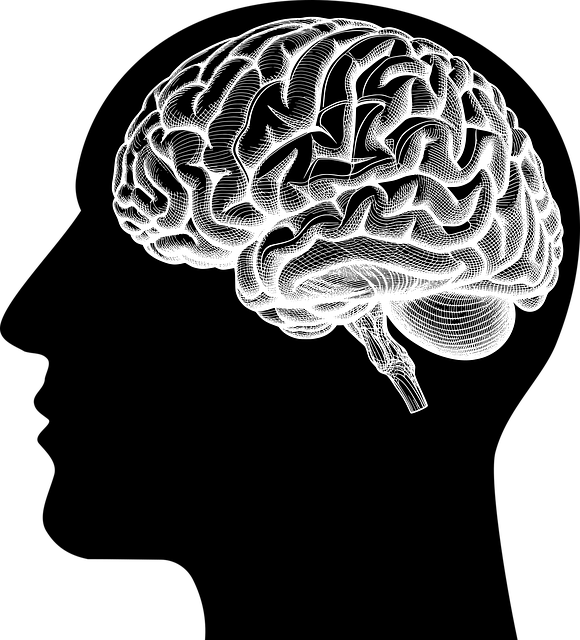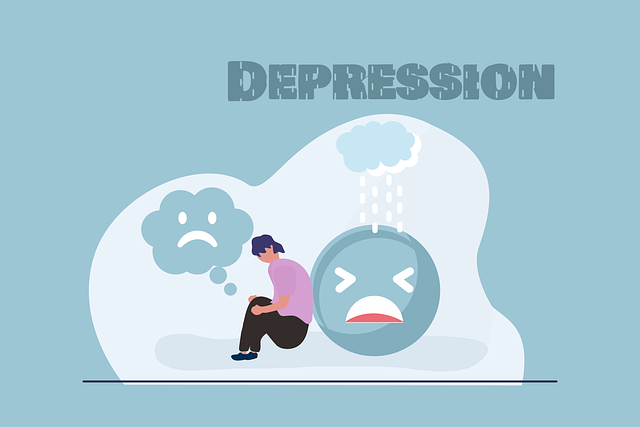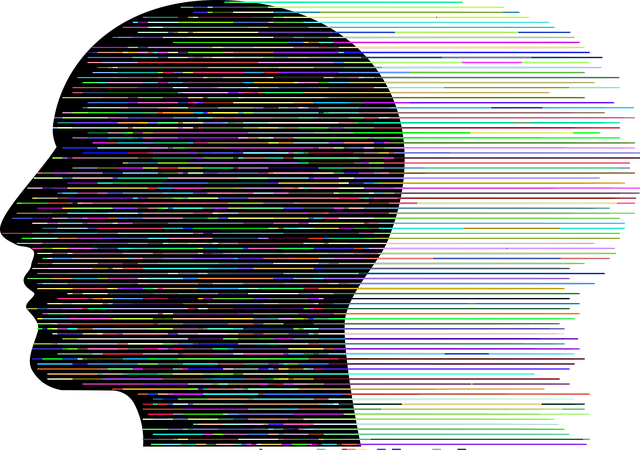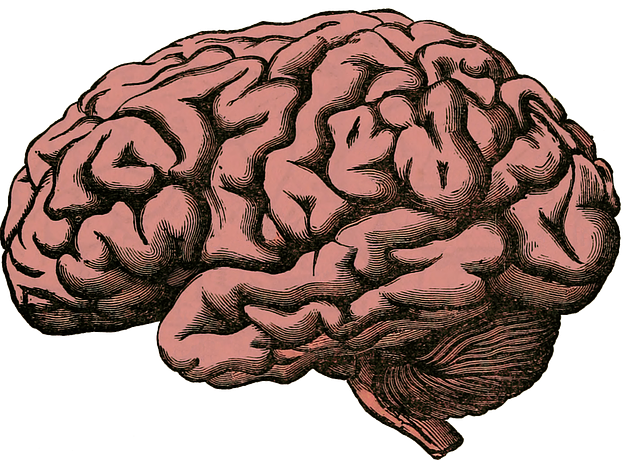Mental health professionals play a vital role in assessing and treating complex conditions like Centennial ADD-ADHD, but face risks of secondary trauma and burnout. To mitigate these hazards, self-awareness exercises, mental wellness coaching, and stigma reduction efforts are crucial. Comprehensive Centennial ADD-ADHD evaluations, integrating neuroscience insights, foster compassion and resilience in therapy, enhancing cultural competency and client coping mechanisms. Robust safety protocols, including crisis management strategies and self-care practices, ensure therapists can deliver effective care while preventing burnout. Continuous training, workshops, and peer discussions further equip professionals to assess risks and provide improved care for clients with ADD-ADHD through therapy.
Mental health professionals, despite their noble work, face unique risks that demand meticulous consideration. This article delves into the critical aspect of risk assessment, exploring the specific challenges encountered in therapy settings. We examine the growing relevance of Centennial ADD-ADHD evaluations as a tool for mitigating potential hazards. Additionally, we highlight the importance of robust safety protocols, crisis management strategies, and continuous training to ensure a secure environment for both practitioners and clients.
- Understanding the Unique Risks Faced by Mental Health Professionals
- The Role of Centennial ADD-ADHD Evaluations in Risk Mitigation
- Implementing Effective Safety Protocols and Crisis Management Strategies
- Continuous Training and Professional Development for Enhanced Risk Assessment
Understanding the Unique Risks Faced by Mental Health Professionals

Mental health professionals encounter unique risks that often go unnoticed but significantly impact their well-being. Beyond the challenges of treating complex mental health conditions, these professionals are continually exposed to intense emotions and deeply personal narratives from their clients. This constant engagement can lead to secondary trauma, burnout, and moral distress, especially when dealing with severe cases or those involving complex dynamics like Centennial ADD-ADHD evaluations.
Self-Awareness Exercises and Mental Wellness Coaching Programs Development have emerged as essential tools for mitigating these risks. By prioritizing self-care and fostering a culture of support, mental health professionals can enhance their resilience. Additionally, Mental Illness Stigma Reduction Efforts play a crucial role in creating an environment where professionals feel comfortable seeking help without fear of judgment, thereby improving both their personal and professional lives.
The Role of Centennial ADD-ADHD Evaluations in Risk Mitigation

In today’s digital era, mental health professionals increasingly recognize the value of Centennial ADD-ADHD evaluations as a crucial tool in risk mitigation and enhancing therapy outcomes. These comprehensive assessments go beyond traditional diagnostic methods by considering not just symptoms but also the neurobiological underpinnings of Attention-Deficit/Hyperactivity Disorder (ADD/ADHD). By incorporating insights from neuroscience, healthcare providers can tailor interventions to address specific challenges faced by individuals with ADD/ADHD, fostering better engagement in therapy and promoting more effective treatment plans.
The role of Centennial ADD-ADHD evaluations extends beyond diagnosis; they also facilitate the development of compassion cultivation practices and resilience building within the therapeutic framework. By understanding an individual’s unique neurodevelopmental profile, mental health professionals can create a safer and more supportive environment, enhancing cultural competency training among healthcare providers. This holistic approach not only mitigates risks associated with untreated ADD/ADHD but also empowers clients to navigate life’s challenges with enhanced coping mechanisms, ultimately leading to improved mental well-being.
Implementing Effective Safety Protocols and Crisis Management Strategies

Implementing robust safety protocols is paramount for mental health professionals to safeguard both clients and themselves, especially when addressing complex conditions like Centennial ADD-ADHD. Effective crisis management strategies, tailored to individual client needs, are essential components of comprehensive therapy programs. These strategies can range from structured emergency plans to proactive self-care practices that foster resilience against potential triggers or relapses.
Professionals should prioritize emotional well-being promotion techniques and integrate them into daily practice. This includes encouraging open communication about boundaries, teaching clients coping mechanisms, and ensuring adequate support systems are in place. By adopting these measures, therapists can create a secure environment, reduce risks, and enhance the overall effectiveness of therapy, particularly during intensive evaluations and treatments for ADD-ADHD. Additionally, focusing on burnout prevention through self-care practices is vital to maintaining professionals’ long-term viability and ensuring they can continue providing high-quality care.
Continuous Training and Professional Development for Enhanced Risk Assessment

Mental health professionals must embrace continuous training and professional development to enhance their risk assessment skills, especially when dealing with complex cases like Centennial ADD-ADHD evaluations in therapy. Staying abreast of the latest research and best practices ensures practitioners are equipped to recognize subtle signs and symptoms that may indicate heightened risks.
Regular workshops, webinars, and peer-led discussions focused on communication strategies, self-care routine development for better mental health, and emotional well-being promotion techniques can significantly contribute to practitioners’ growth. These activities not only deepen their understanding of risk assessment but also foster a supportive environment where they can share insights and learn from diverse experiences, ultimately benefiting their clients.
Mental health professionals, while fostering healing, navigate a unique landscape of risks. By acknowledging and addressing these challenges through comprehensive risk assessment tools like Centennial ADD-ADHD evaluations, implementing robust safety protocols, embracing continuous training, and integrating crisis management strategies, therapists can create a safer environment for both clients and themselves. This proactive approach ensures that therapy remains a powerful force for positive mental health outcomes.









